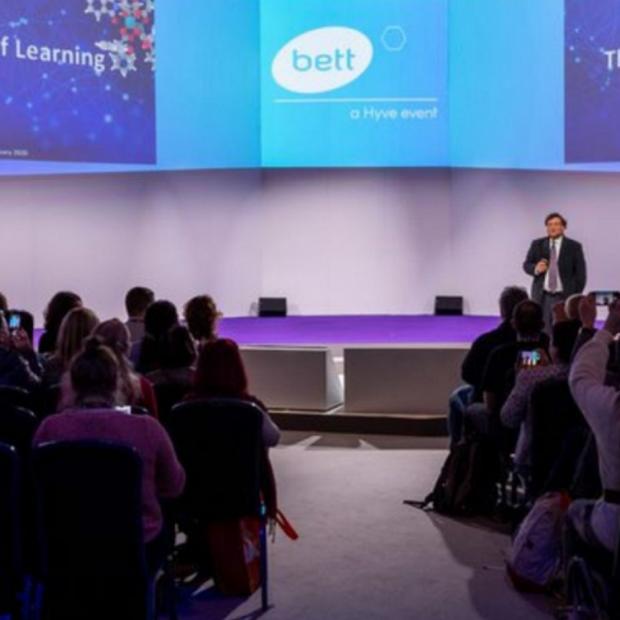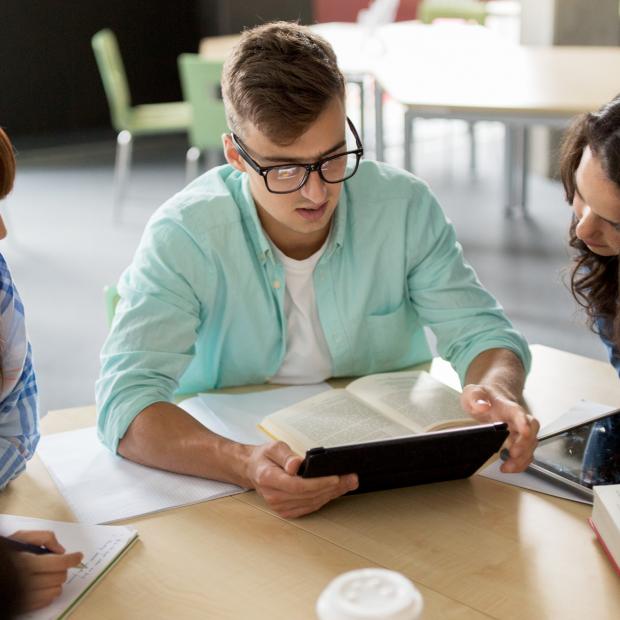Kümme küsimust külalisteadlasele
Käesoleva aasta märtsist maini külastas Tallinna Ülikooli haridusteaduste instituuti Denis Francesconi, kes oli lahkelt nõus jagama oma muljeid ülikoolist, Eestist ja enda tegemistest. Alljärgnev intervjuu on inglise keeles.

What made Estonia and Tallinn University for you a potential research visit destination?
I decided to come to Tallinn University for a short visiting period thanks to Katrin Poom-Valickis. I met her one year ago in a conference in Tartu where we shared our scientific interests. She then agreed to host me to work on the topic of wellbeing in higher education.
What surprised you in Estonia?
First of all, I was surprised by the kindness and openness of the Estonian people. Then I was impressed by the perfect organization at Tallinn University and the high level of scholars working there.
How similar or different is Estonian and Italian higher education at first glance?
After the Bologna process, the European higher education systems look all a bit more similar than before. However, for what I’ve seen during my stay, it looks like you put very much effort into teacher education programs and activities, which is crucial in order to have a high-level education system, as Estonia has.
Did you start any research study in Tallinn University/Estonia?
Yes. I started two research studies together with Riin Seema and Katrin Poom-Valickis. One is about subjective well-beings perception in higher education students. The other one is about Estonian policies and practices for the dissemination of mindfulness meditation in educational settings. We are now in the data analysis phase and we hope to publish the results soon.
Describe your cooperation in Tallinn with Riin Seema.
Both Riin Seema and Katrin Poom-Valickis have immediately shown interest in my proposals. We discussed together for a while in the beginning to set up the ideas, then we planned and implemented the studies. Both of them gave me an outstanding impression in terms of creativity, innovative ideas and professional commitment to their job.
You were a member of the selection council, what did you learn from this experience for your own career?
In the beginning, I was surprised to be invited to the selection council. However, I was honored to serve as member of the selection council. I’ve learned about the Estonian selection procedure and criteria, which are in line with the highest international standards. This experience is also very helpful for my curriculum and the prosecution of my career.
What will you take home with you from your visit to Tallinn professionally and/or otherwise?
Professionally speaking, I bring home with me an intense experience of collaborative work on relevant topics such as well-being and meditative practices in educational settings. I will always remember the vibrant environment at the TU. More personally, I must say that I met many warm, kind and generous people in Tallinn, and some of them I now consider friends of mine. Moreover, I’ve discovered how beautiful Tallinn and Estonia are, and how friendly Estonian people are.
What are your upcoming academic/research plans?
I’ve just finished a visiting period within the Erasmus Plus Programme. I’ve been at the Danish School of Education in Copenhagen. Now I’m back in Italy where I teach a course at the University of Verona. Then I work as a trainer and consultant in the field of teacher education. I hope to receive soon good news about grants applications I’ve done recently.
How was the Estonian winter?
The Estonian winter was quite an experience. I remember waking up the 1st of May with the snow covering the streets. I think I’ve never seen the snow in May in my life. However, it was not bad at all, I’ve enjoyed Tallinn in the winter and in the spring and it was beautiful.
Academic biography: Denis Francesconi received his M.Ed. from the University of Verona and his Ph.D. in Cognitive Science and Education from the University of Trento. He is now Adjunct Professor at University of Verona where he teaches Group Dynamics. Since 2014 he has also been Visiting Professor at Humboldt University Berlin where he teaches Embodied Cognition and Education. He also works as an Educational Specialist and Consultant. He has been Visiting Scholar at the Harvard Graduate School of Education, University of Central Florida, Institute of Education at University College London. His scientific interests are embodied cognition, body-mind practices, well-being education.





